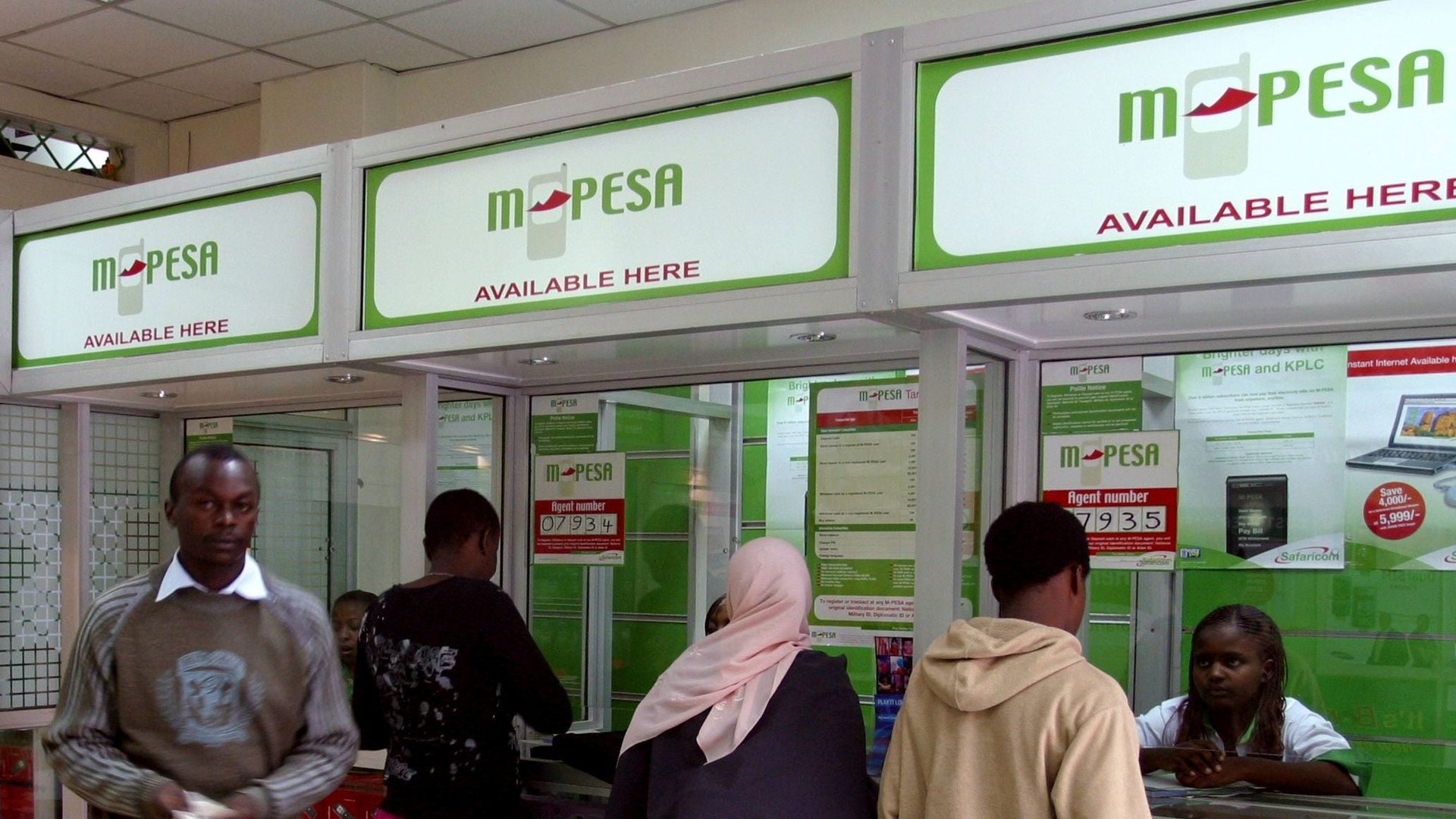M-Pesa and PayPal are partnering to boost e-commerce in Kenya
Safaricom is partnering with PayPal to boost its e-commerce capabilities in Kenya, solidifying its footing not just as a mobile phone business but as a global company with diversified interests in sectors including healthcare, transportation, and music.


Safaricom is partnering with PayPal to boost its e-commerce capabilities in Kenya, solidifying its footing not just as a mobile phone business but as a global company with diversified interests in sectors including healthcare, transportation, and music.
The company is collaborating on a new service to enable Kenyan customers seamlessly transfer money between PayPal and Safaricom’s M-Pesa mobile wallets. The move will open global marketplaces to Kenyan entrepreneurs and businesses, effectively allowing M-Pesa’s 22.7 million subscribers to transact online, on mobile, in an app, or in person with PayPal’s 227 million users.
The new service comes just months after Safaricom launched its own e-commerce platform Masoko to take on competitors including Jumia, Pigiame, OLX, and Kilimall International. Kenya has experienced an e-commerce boom, buoyed in part by ubiquitous mobile penetration that currently stands at over 90%, increased smartphone use, and a mobile-first strategy that allows customers to pay for goods and services online through mobile money services like M-Pesa.
The PayPal partnership also pits Safaricom against other mobile operators and fintech firms like PesaPal who are all focused on bringing the hundreds of thousands of small businesses in Kenya into the digital world. By reducing the barriers to conducting transactions, Safaricom also hopes to broaden its market capitalization by challenging banking institutions like Equity through whom PayPal withdrawals have only been possible in the past. Safaricom will, however, be charging more than double the 1-1.5% transaction fee charged by Equity Bank.
The diversification of M-Pesa as a payment platform also underscores how technological innovation has been central to the mobile money story. When M-Pesa was established in 2007, it kickstarted a mobile money revolution beyond Kenya’s borders. But as adoptions rates peaked, officials recognized the “clumsy” and “far from elegant” nature of the service, saying it was time to plug the e-wallet system into third-party, innovative applications.
Sitoyo Lopokoiyit, the director of financial services at Safaricom, says the latest move is part of a strategy the company has embarked on in the last two years to get more people to do more digital transactions through its mobile money service. This included allowing organizations to securely disburse bulk cash through the SurePay Service, helping rural residents pay for clean water and electricity, launching the ride-hailing app Little and the music streaming service Songa, besides integrating M-Pesa into the Google Play store.
The cooperation with PayPal comes a day before full mobile money interoperability kick-starts in Kenya, allowing customers to send money across mobile networks.
By facilitating faster and more convenient transactions, Lopokoiyit says M-Pesa looks to disrupt not only cross-border payments and merchant transactions but also enable Kenyan businesses on the global stage. For both sellers and buyers, he says, “It’s a fantastic opportunity.”